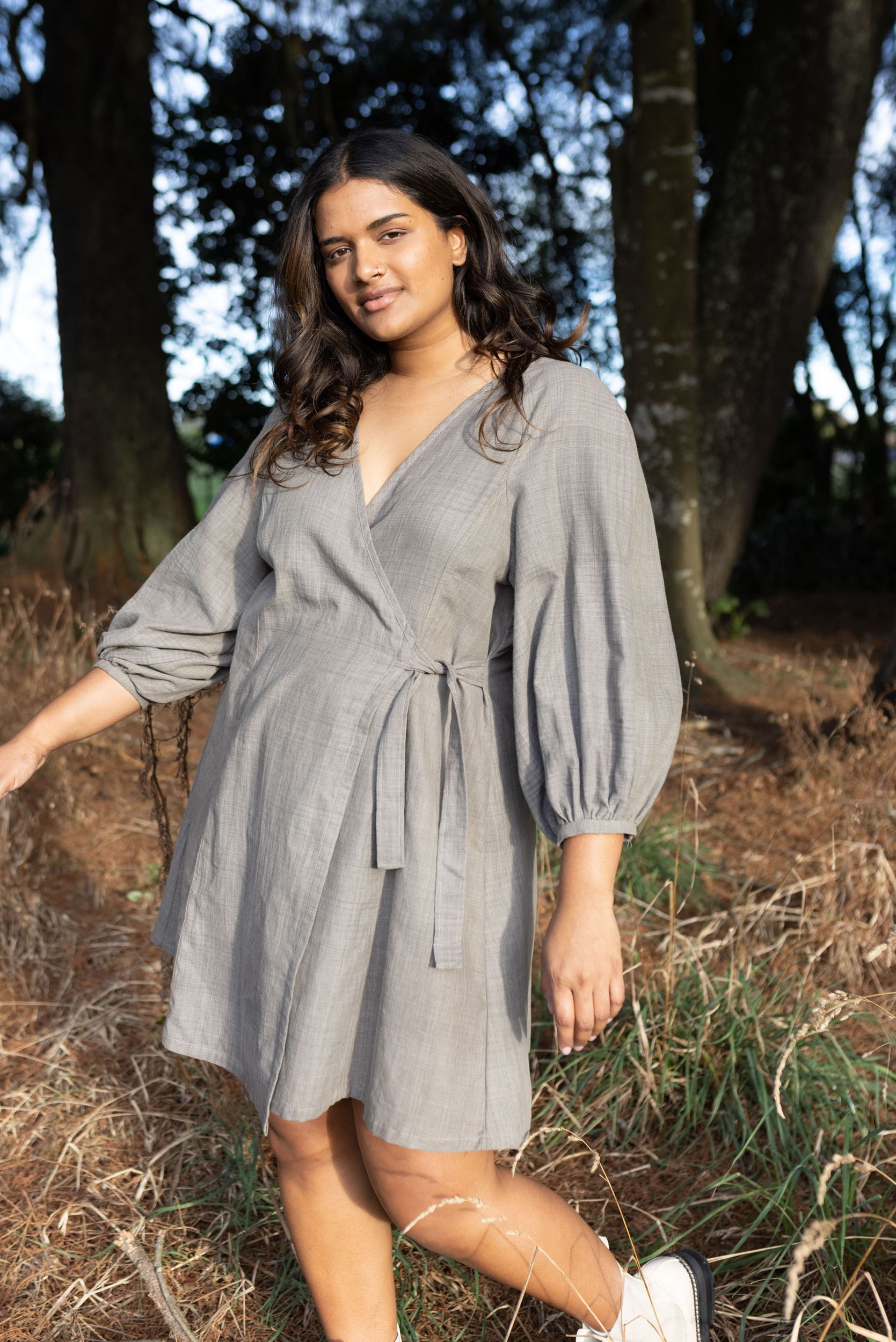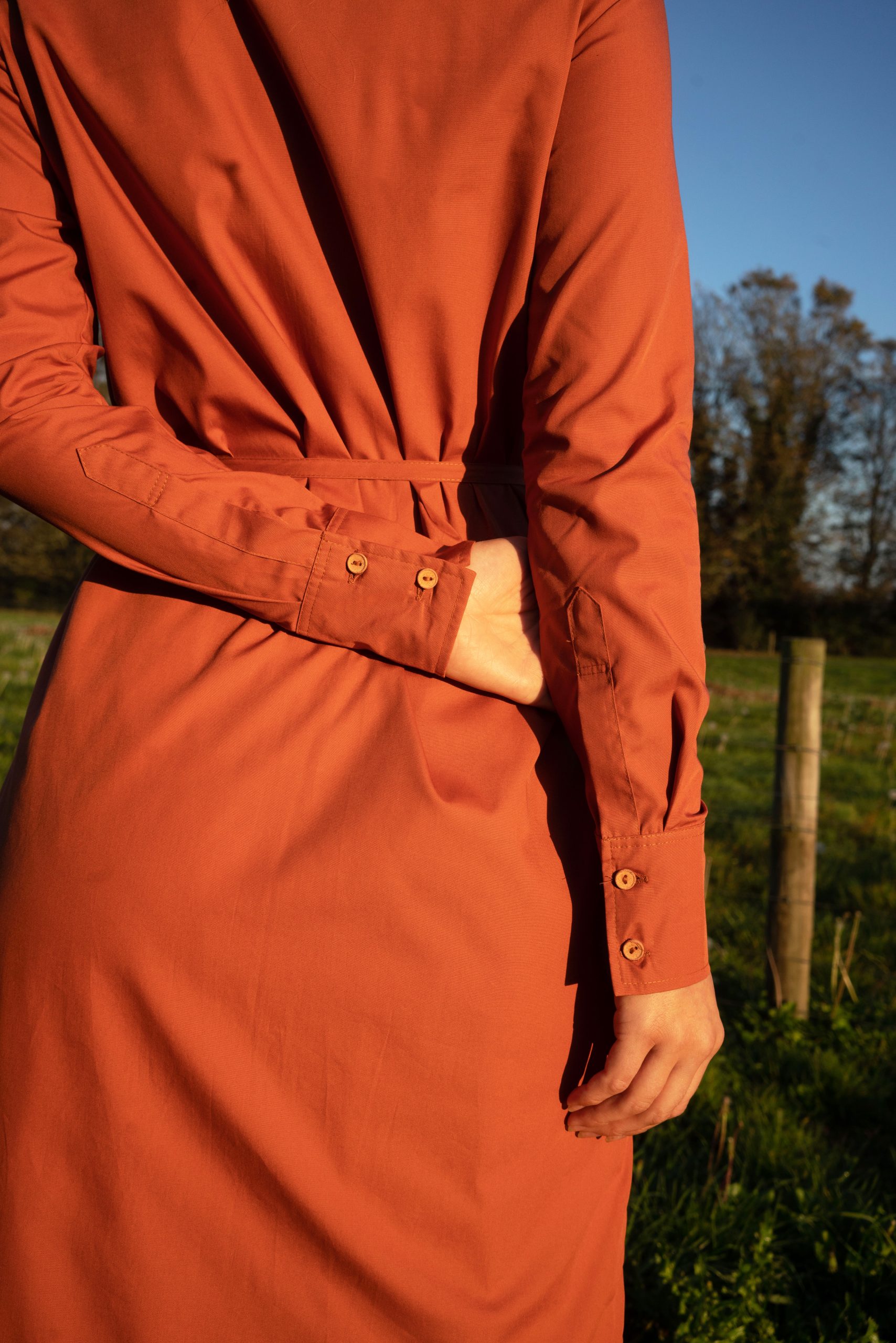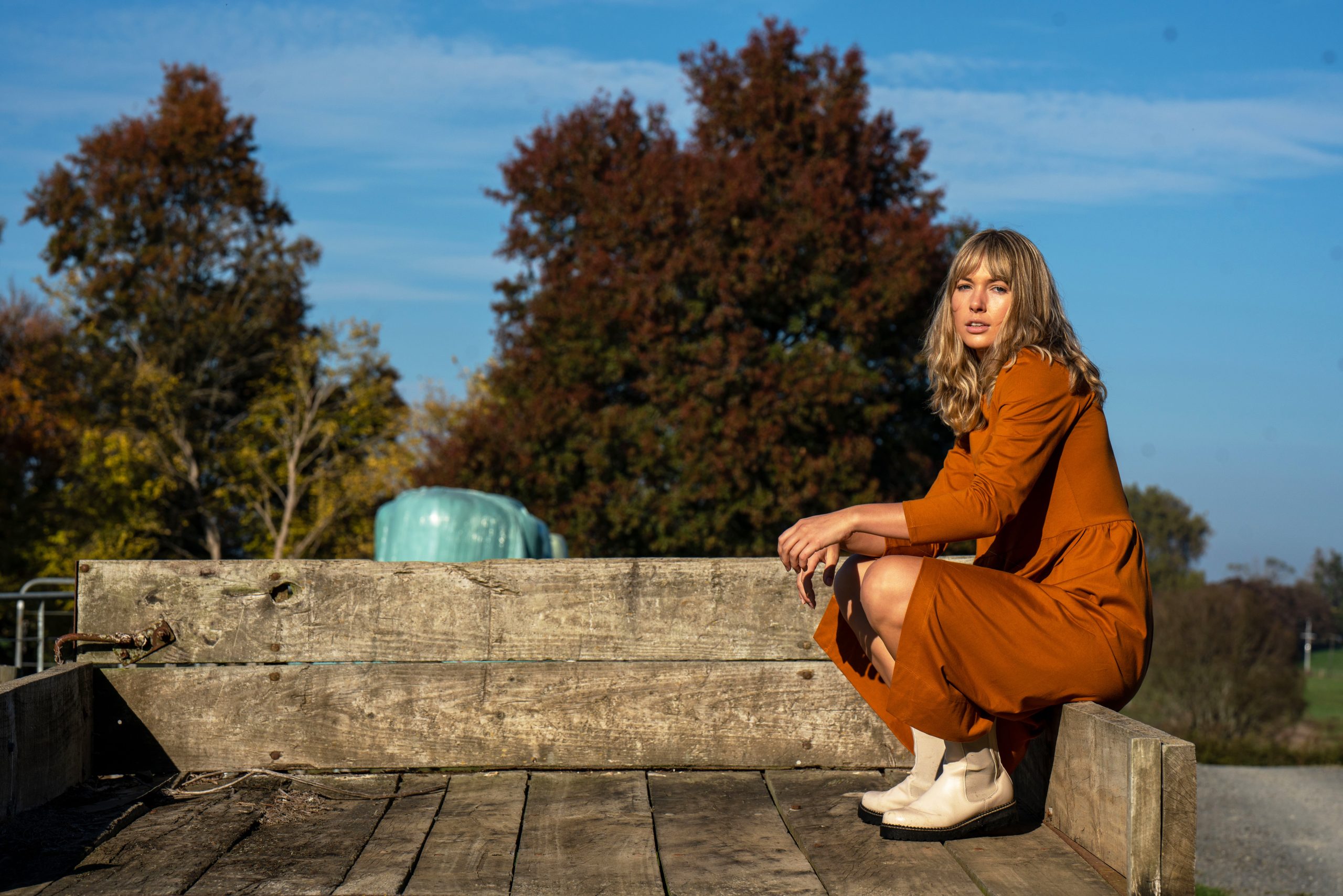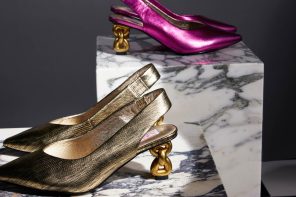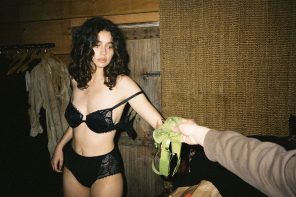Originally from Europe, Marielle Van De Ven came to New Zealand in 2011, having been awarded a scholarship through iD Fashion. With some experience under her belt both locally and from Europe, Van De Ven made the decision to leave the fashion industry as she knew it.
“I no longer wanted to contribute towards the negative impacts often caused by garment production. As the creative director of ReCreate, we are paving the way towards an industry that I’m proud to be a part of.”
ReCreate is an accidental clothing brand, only beginning to provide fair employment for women in the marginalised community of Dey Tmey Cambodia. Since meeting the women, Van De Ven saw what a major issue lack of employment was, with only limited opportunities such as washing clothes or selling food.
In 2013, the ReCreate sewing workshop was born with the goal in mind of empowering women to provide for their families, gain lifelong skills, and embrace hope for a better future.
ReCreate is set apart from other fashion labels for the difference and purpose it has in the modern fashion industry.
“The vision of ReCreate is to transform the lives of the people who make our clothing. Through the ReCreate workshop in Cambodia, we provide fair employment and individualised training for our team, not only sewing but also literacy, budgeting and personal development.”
The label has also partnered with selected producers in Cambodia, who not only meet the ethical standards of ReCreate, but who positively impact the lives of their makers through purposeful vocation and care.
“We’re not about ticking boxes but we want to see real changes. We want to make sure that every single person in our supply chain is valued and cared for, treated with love and respect,” said Van De Ven.
Her personal design focus has been influenced by designs that transcend time and that last a lifetime, but that also doesn’t go out of fashion. She said that she prefers to work with minimal colours and the use of strong patterns or prints.
“When designing our garments we begin with the end in mind, so that all garments are fully recyclable through our circularity model. We only use organic and natural fabrics, and all convenience items such as zippers have been replaced with sustainable alternatives such as recycled cotton buttons.”
Van De Ven would like to encourage aspiring designers to join the fashion industry, but to be mindful of the wider impact of the fashion industry.
“If it can’t be reduced, repaired, rebuilt, refinished, resold, recycled or composted, then it should be restricted, redesigned or removed from production.”
Van De Ven said that continuing to create change is important to her, and that helping to pave the way for empowerment in the fashion industry is a goal in mind for the foreseeable future.



